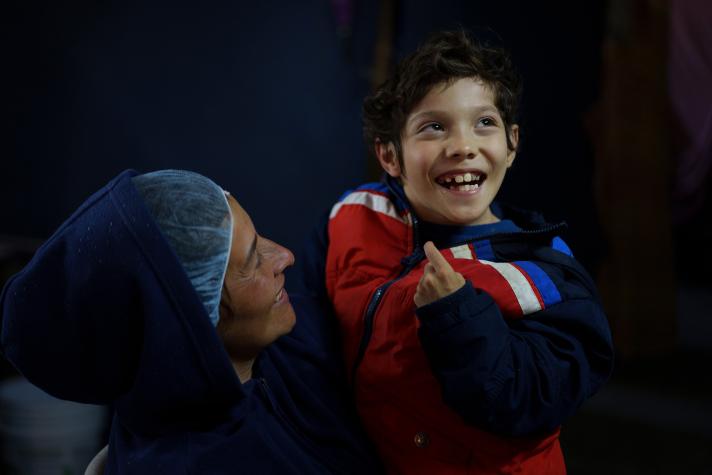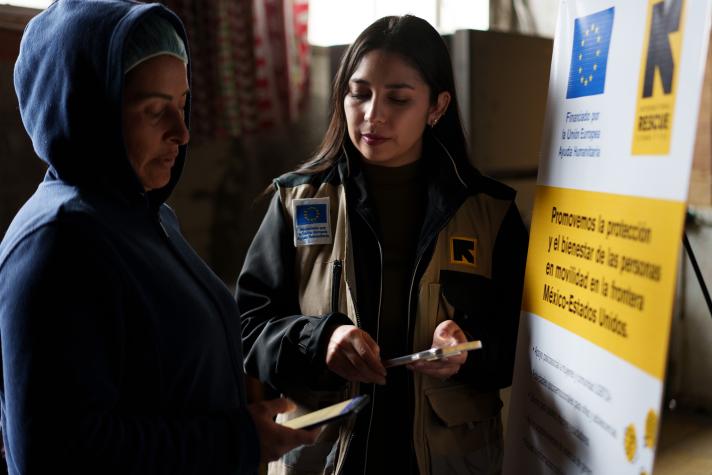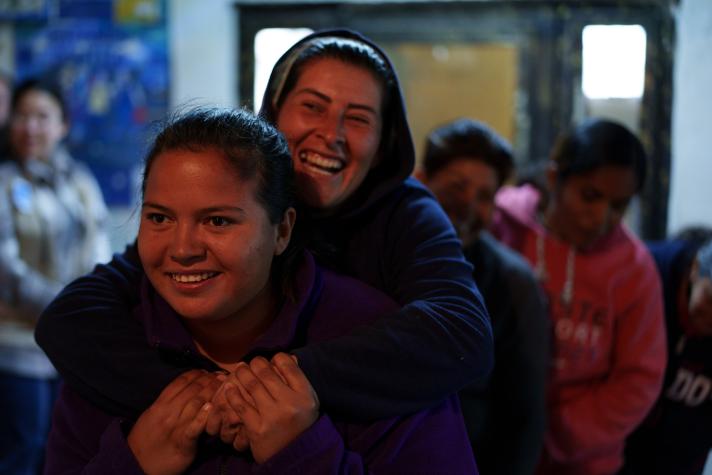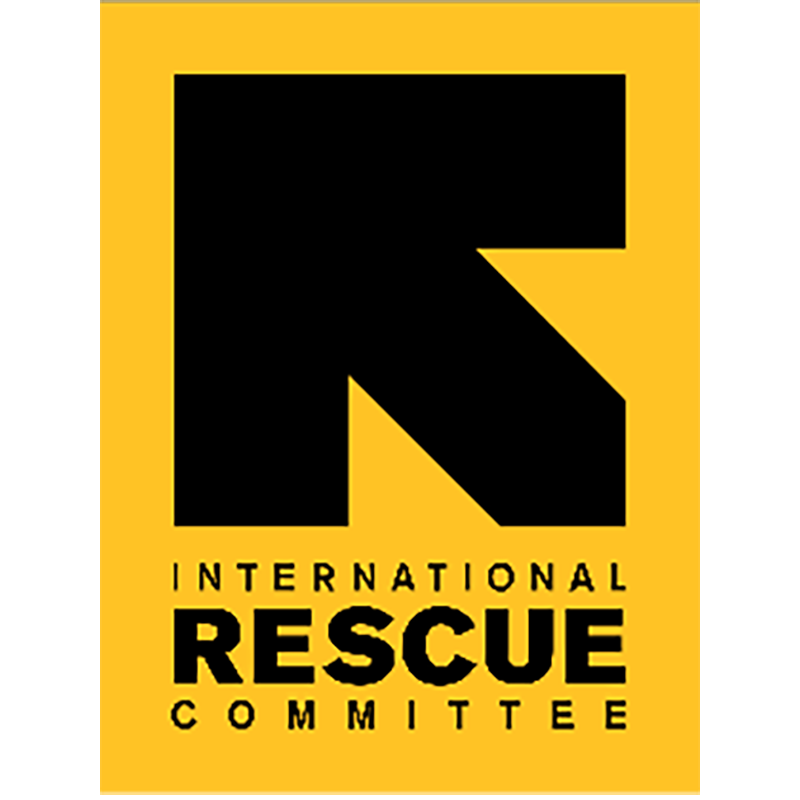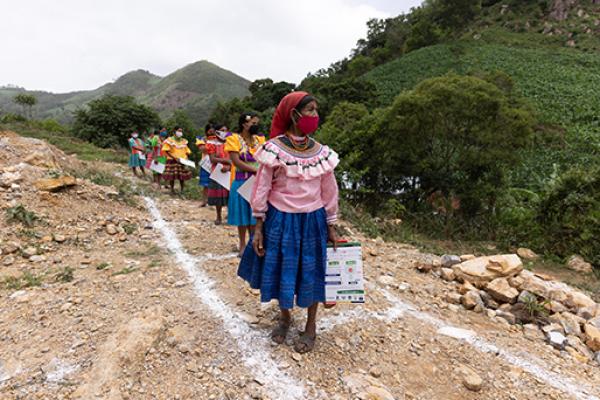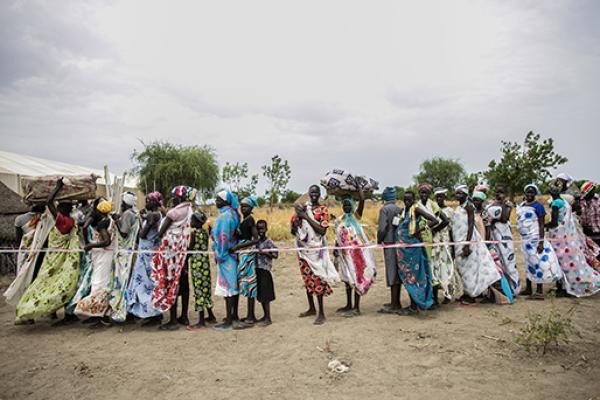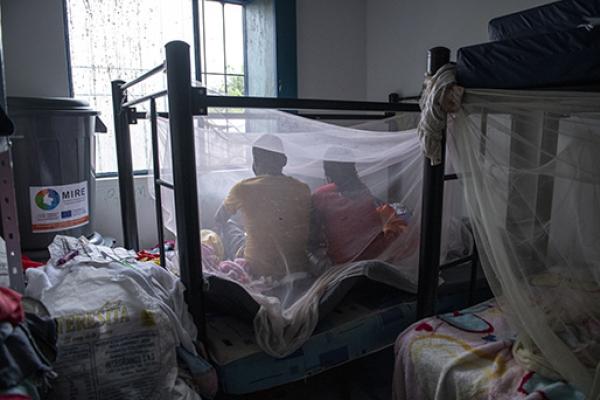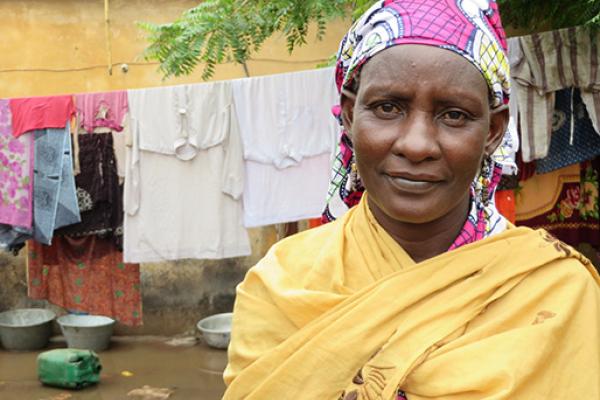When a criminal group threatened Sara* and her family, she took the difficult decision to leave their home in search of asylum. As many fellow Mexicans, she embarked on a journey full of hardships to find safety and to secure a better future for her children.
For asylum seekers, having reliable information is key. Thanks to an EU-funded project, the International Rescue Committee (IRC) provides protection services to people on the move, including a platform with updated and reliable information, as well as personalised assistance. So that people like Sara can find shelter and a safe environment.
Leaving one's home in search of asylum is often a harrowing journey, caused by dire circumstances such as crime, rampant violence, and instability. For many, the decision to depart is not a choice but a necessity for survival. Such was the case for Sara, who decided to leave her hometown in Southern Mexico due to crime and extortion.
As she explains, organised crime groups deliberately extort families, collecting whatever they can regardless of people’s financial circumstances. So, to avoid any repercussions that may harm her children, she took the difficult decision to leave her relatives, friends, and her whole life behind.
An additional motive was the fact that her youngest child has cerebral palsy, a condition requiring medical care that was unavailable for them in Mexico. Sara hopes she will be able to provide healthcare for him, so that one day he can walk again.
“I [will] move heaven, sea, and earth for them,”
Sara said, adding that her children are the source of her strength at all times.
Help to navigate the uncertainty
People undertaking these uncertain journeys have to navigate complex immigration policies. Sara was confronted with incertitude regarding the necessary steps to seek asylum and to find accommodations for herself and her children. Her sole directive was to head north to Ciudad Juarez, relying on information provided by a friend.
Sara noted how important it is for people on the move to have reliable information, as they often struggle to find answers to their many questions. She remembered a moment when, as they searched for information on asylum registration locations, Sara told her eldest son:
"If they don’t give us the information here, we are going to stay in the [open] air."
In fact, access to reliable information is one of the most pressing needs identified by asylum seekers along the Mexican border, according to a 2023 survey conducted by the IRC. Protection mechanisms are also a priority. According to an IRC assessment from last Autumn, 1/2 of the people reported not feeling safe in Mexico.
This is of particular concern for women and girls on the move, as the levels of gender-based violence are surging. According to a previous IRC survey, nearly 1/4 of asylum seekers in northern border cities perceive sexual violence as the primary risk.
In response to these needs, IRC’s EU-funded project offers information through the digital platform InfoDigna. There, users can find information on asylum procedures, where to find shelters and other services, and advice regarding health and many other practical difficulties they may encounter.
The platform also offers personalised assistance through trained moderators who follow up on users' inquiries, providing guidance and facilitating connections with relevant service providers based on individual needs.
Since 2019, the IRC has been working in Mexico to address the humanitarian needs of asylum seekers stranded along the US border. In light of unprecedented levels of displacement across, into, and out of Mexico, the IRC integrates protection services as part of an EU-funded regional initiative.
This initiative has established secure environments along the border, where women, girls, children, and LGBTQ+ individuals can access both physical and emotional support services, including psychosocial assistance and support for survivors of gender-based violence.
Finding a safe harbour
After an exhaustive journey on the road, Sara and her children were fortunately guided by Mexican officials to a shelter last year. There, they were provided with food and accommodation. The shelter offered them a sanctuary, a place to feel safe.
Despite the challenges of communal living, Sara says it feels almost like being at home, though with more people. She describes the shelter as a vibrant community where strangers become friends, united by their shared experiences. She echoes the residents’ profound gratitude towards the people running the shelter for their hospitality and generosity.
*Name has been changed to protect the person’s privacy.

